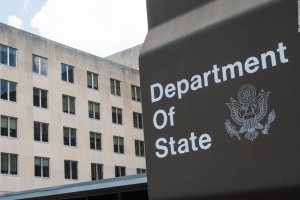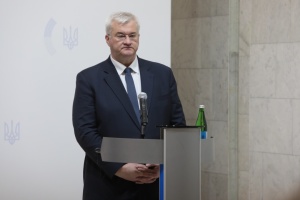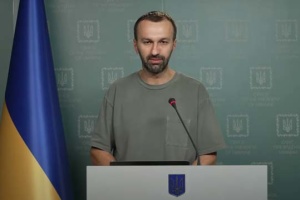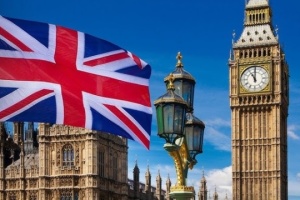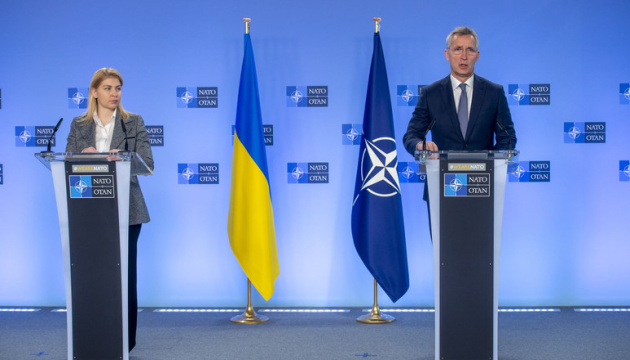
This week’s diplomatic efforts could prevent new armed conflict in Europe - Stoltenberg
This was stated by NATO Secretary General Jens Stoltenberg who answered an Ukrinform correspondent’s question during today’s press briefing ahead of a meeting of the NATO-Ukraine Commission with the participation of Deputy Prime Minister for European and Euro-Atlantic Integration of Ukraine, Olha Stefanishyna.
Stressing that he welcomes the meetings set to be held this week, Stoltenberg said he doesn’t think “we can expect that these meetings will solve all the issues.”
“What we’re hoping for is that we can agree on a way forward, that we can agree on a series of meetings, that we can agree on the process. So it’s not unrealistic to expect that, when we have finished this week, when we have finished meetings already scheduled, that all problems will be solved. But I hope that there is will on both sides, including on the Russian side and also on the NATO side, to engage in the process that can prevent a new armed conflict in Europe," said Jens Stoltenberg.
At the same time, he said, everyone must be prepared for Russia, again, choosing the path of using its armed forces, choosing confrontation over cooperation.
"We also need to send a very clear message to Russia that we are united, that there will be severe economic and political costs for Russia if they again use military force against Ukraine. We provide support to Ukraine, helping them to uphold the right to self-defense,” Stoltenberg said, adding that NATO is “very clear” about the commitments to protect and defend all Allies.
He noted that the current situation with Russia's military build-up around Ukraine only confirms the relevance and importance of NATO's two-track approach to Russia, with the Alliance pursuing a strong deterrence and defense policy while seeking a meaningful dialogue.
"I believe that the NATO-Russia Council is an important platform. All these platforms for consultations, for dialogue with Russia are especially important when tensions are high, when we see threats and challenges as we see now (…) It’s important that we have these institutions, that we use them and that we talk. (…) These are important efforts to try to make sure that we have a political solution, that we prevent an armed conflict. Therefore, we are going into these talks in good faith, ready to address options and of course ready to listen to Russia's concerns," said the NATO secretary general.
As previously reported, in December last year, Russia unveiled drafts of the two "agreements" on security guarantees for Russia from the United States and NATO, demanding a waiver of the Bucharest NATO summit decision on future membership of Ukraine and Georgia, non-expansion to the east, and curtailment of the Alliance’s activity in the former Soviet nations.
Russia, meanwhile, continues to deploy troops in the temporarily occupied territories of Ukraine and around its borders, using these military preparations to blackmail the United States and NATO. If the West refuses to accept such Russian "proposals," the Kremlin authorities are publicly threatening measures of a "military and military-technical nature."
im

